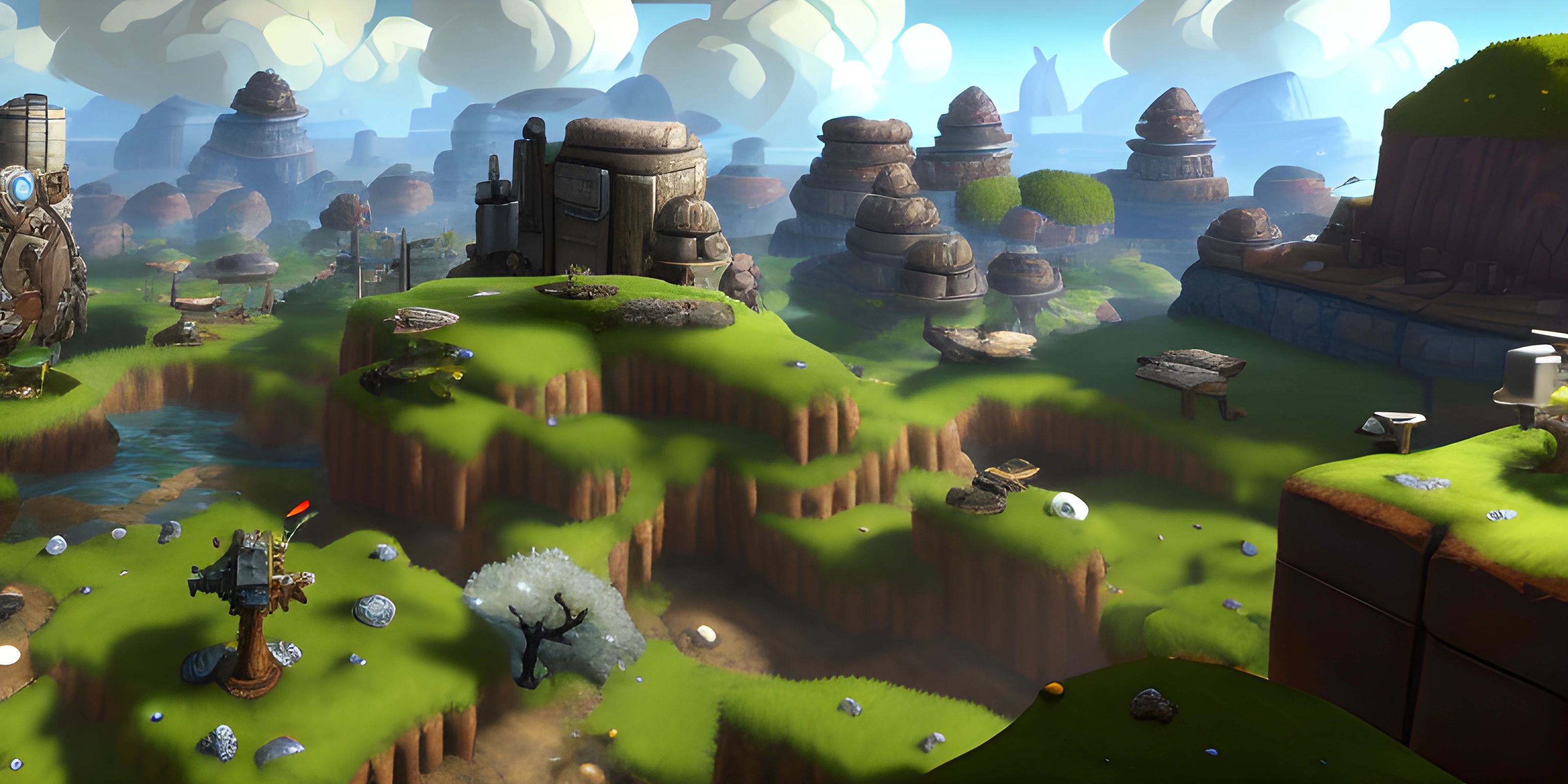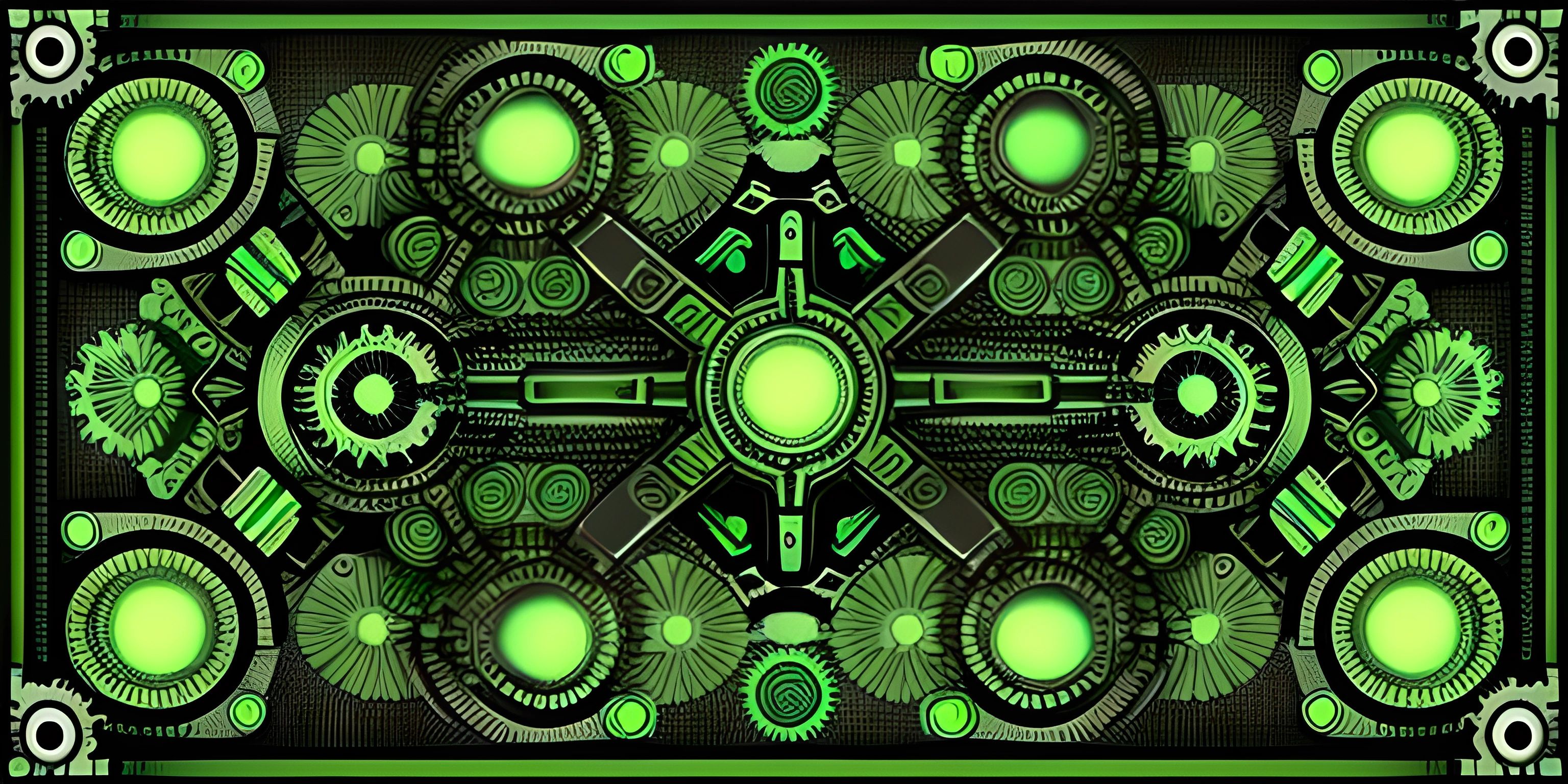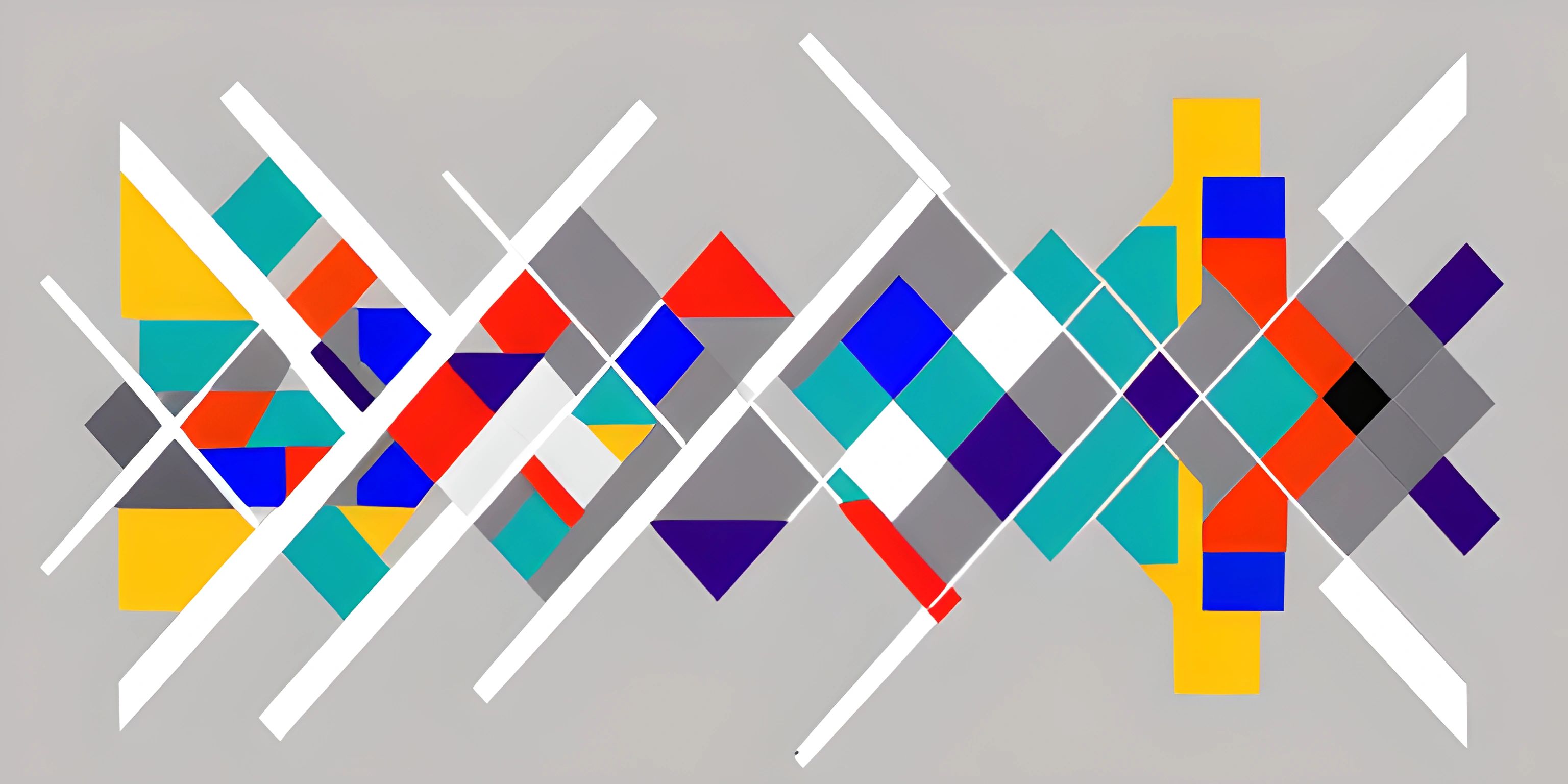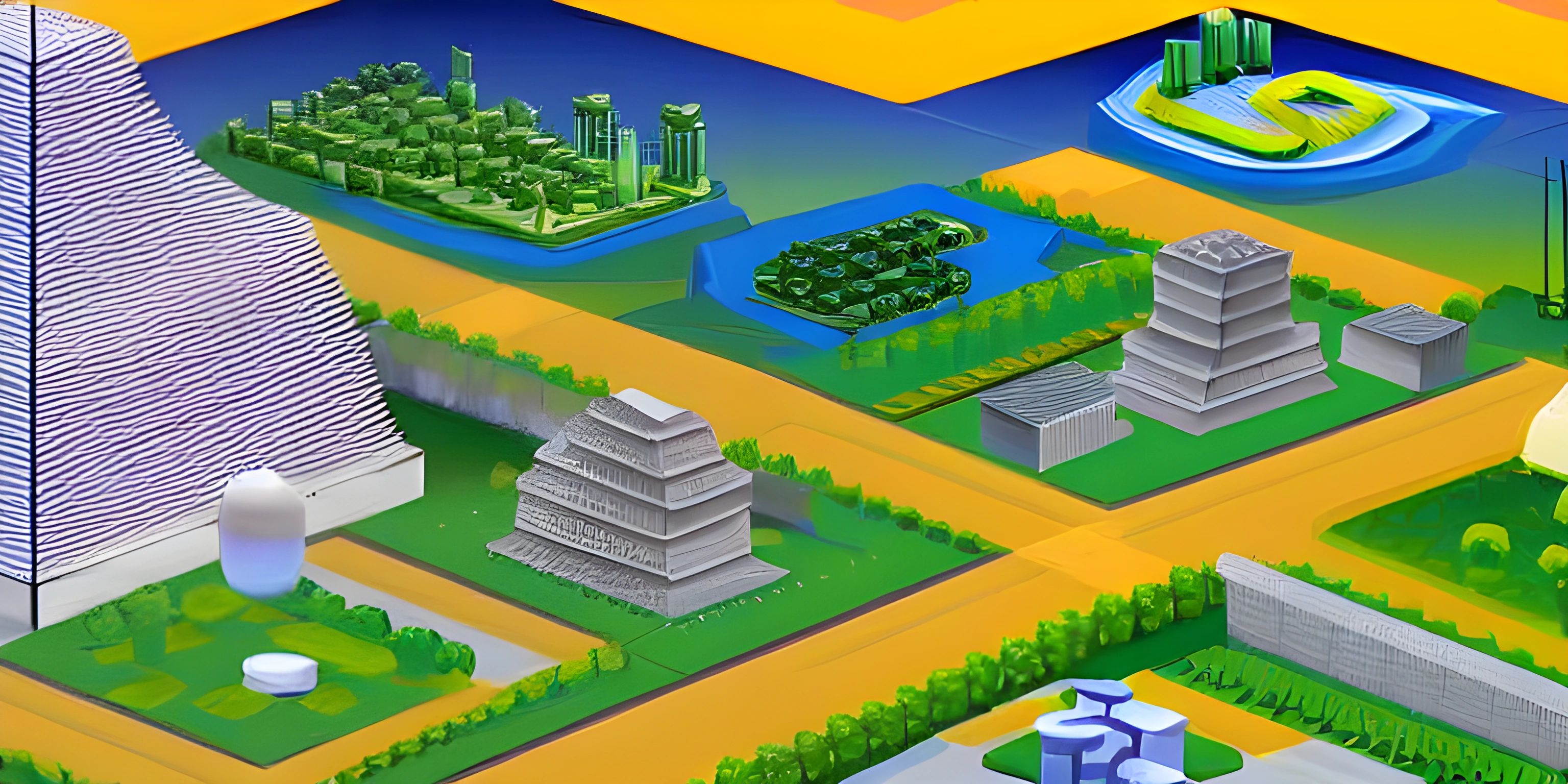Game Development
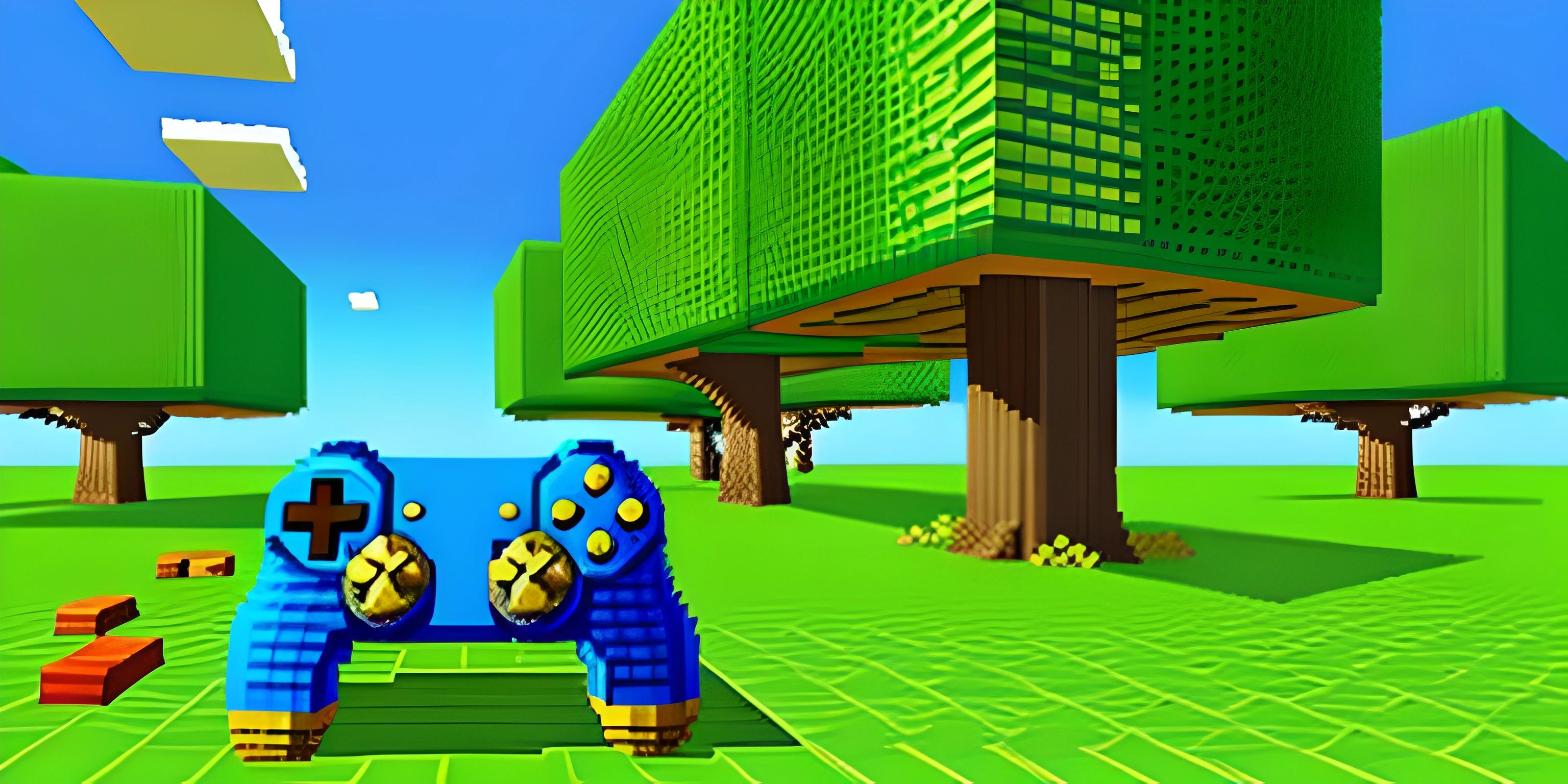
Note: this page has been created with the use of AI. Please take caution, and note that the content of this page does not necessarily reflect the opinion of Cratecode.
Game development is a fascinating and creative field, where the only limit is your imagination. From pixel art indie games to stunning 3D masterpieces, there is a vast array of genres, platforms, and styles to explore. But where does one begin? Fear not, budding game developers, as we'll guide you through the basics and set you on the path to creating your very own gaming experiences.
Planning Your Game
Like any great journey, game development begins with a solid plan. Before diving into the nitty-gritty of programming and design, it's important to outline your game concept, genre, and target audience. Start by answering these questions:
- What is the core gameplay mechanic?
- Is it a single-player or multiplayer game?
- What platform(s) will the game be available on?
- What art style and music will be used?
Once you have a clear vision, you can start designing your game's levels, characters, and story (if applicable). This process is called game design, and it's an essential part of creating a cohesive and enjoyable gaming experience.
Choosing the Right Tools
Now that you have a game plan, it's time to choose the tools that will help bring your vision to life. There are countless programming languages and game engines out there, each with its own benefits and drawbacks.
Popular game engines like Unity and Unreal Engine are excellent choices for beginners, offering powerful tools and resources to help you create games for various platforms. It's essential to choose a tool that suits your game idea and your own programming abilities.
Learning the Ropes
Once you've selected your tools, it's time to learn how to use them. This is where the real fun begins! Depending on your chosen engine or programming language, there are numerous tutorials, guides, and courses available to help you get started. Some popular learning resources include:
Make sure to take advantage of these resources, as they will not only teach you the basics of game development but also guide you through more advanced techniques.
Building and Testing Your Game
Once you've become familiar with your chosen tools, it's time to start building your game. Begin by creating the essential components like characters, levels, and gameplay mechanics. Don't worry about making everything perfect right away – game development is an iterative process, and your game will evolve over time.
As you build your game, it's important to playtest and gather feedback from others. This will help you identify any issues or areas that need improvement. Keep refining and polishing your game until you're satisfied with the result.
Sharing Your Creation
You've done it! Your game is complete, and it's time to share your masterpiece with the world. There are several platforms available for distributing your game, such as Steam, itch.io, and console marketplaces. Choose the platform(s) that best suit your game and start building your player base.
Congratulations, you're now a game developer! As you continue your journey, remember that learning never stops. Keep expanding your skills, experimenting with new ideas, and iterating on your creations. Who knows, maybe one day we'll be playing your hit game on our favorite platforms. Happy developing!
Hey there! Want to learn more? Cratecode is an online learning platform that lets you forge your own path. Click here to check out a lesson: Why Program? (psst, it's free!).
FAQ
What does game development involve?
Game development involves creating and designing games for various platforms, such as PC, consoles, mobile devices, and more. It's a multidisciplinary field that includes a variety of tasks such as programming, art design, sound design, and storytelling. Professionals in this field often work in teams to bring their ideas to life, creating engaging experiences for players to enjoy.
What skills do I need to become a game developer?
To become a game developer, you'll need a mix of technical and creative skills. Some of the essential skills include:
- Programming (languages like C++, C#, and Python are commonly used in the industry)
- Game engine knowledge (such as Unity or Unreal Engine)
- 3D modeling and animation
- Sound design
- Level design
- Storytelling and narrative design
- Problem-solving and critical thinking
- Effective communication and teamwork
How do I get started in game development?
To get started in game development, follow these steps:
- Learn the basics of programming using a language commonly used in the industry, like C++, C#, or Python.
- Familiarize yourself with a game engine, such as Unity or Unreal Engine, by following tutorials and creating simple projects.
- Develop art and sound design skills by experimenting with modeling, animating, and composing.
- Start building a portfolio of small game projects to showcase your abilities.
- Connect with other game developers through online forums, social media, and local meetups to learn from their experiences and build your network.
What are some popular game engines for beginners?
Some popular game engines for beginners include:
- Unity: A versatile engine that supports both 2D and 3D game development, and uses C# for scripting.
- Unreal Engine: A powerful engine with a visual scripting system called Blueprints, which allows developers to create games without writing any code.
- Godot: An open-source engine that supports both 2D and 3D development, and uses its own scripting language called GDScript.
- GameMaker Studio: A user-friendly engine that focuses on 2D game development and uses a custom scripting language called GameMaker Language (GML).
Can I develop games independently or do I need to join a studio?
Both options are viable in the game development industry. You can work as an independent developer (also known as an indie developer) and create games on your own or with a small team. This allows for more creative freedom and the ability to work on projects you're passionate about. Alternatively, you can join a game development studio, where you'll collaborate with a larger team and have access to more resources. Each path has its own advantages and challenges, so it's essential to consider your goals and preferences when deciding which route to take.

